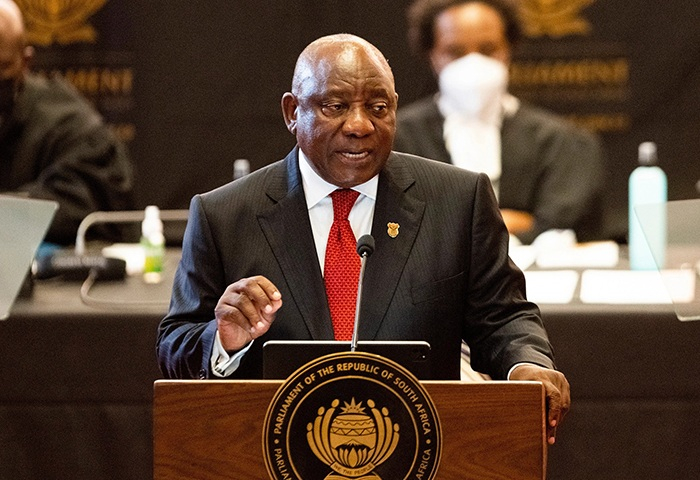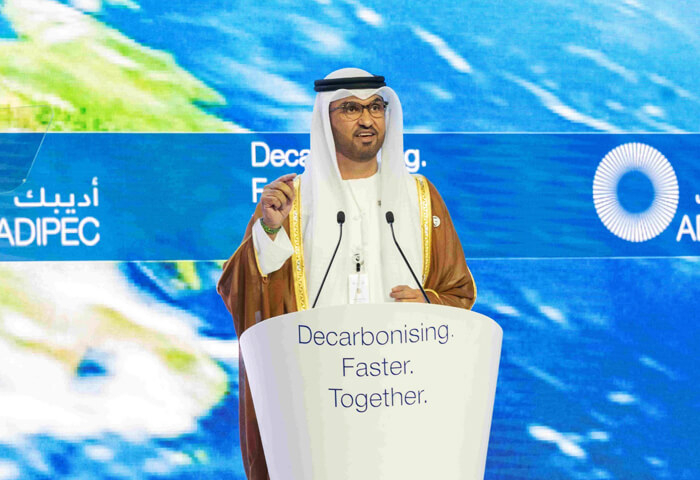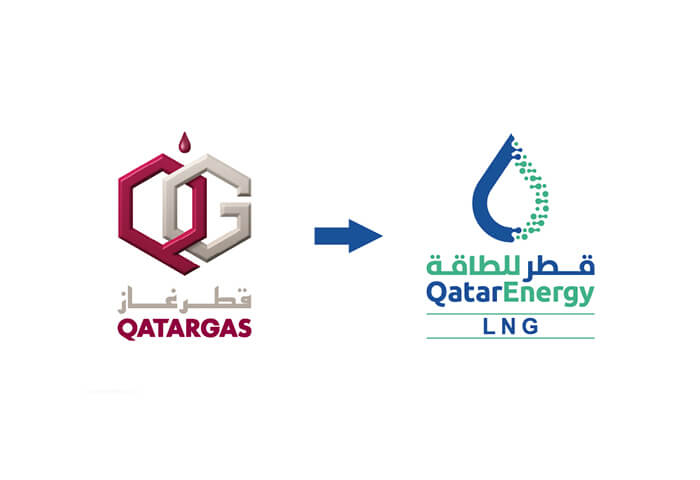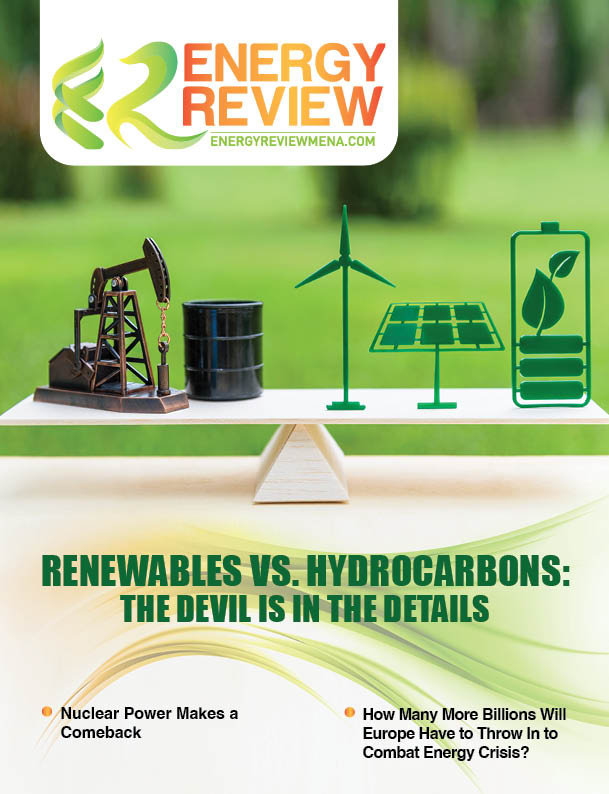South Africa will open up to private investments to establish a competitive electricity market, President Cyril Ramaphosa has stated, as he outlined sweeping plans to deal with the prolonged energy crisis.
Ramaphosa said the government will accelerate the procurement of new capacity from renewables, gas and battery storage, and remove a licensing threshold for private power generation projects.
"This will enable private investment in electricity generation to rise to higher levels," he added.
The ultimate objective "is to achieve long-term energy security, so that we never have to experience an electricity shortage again," Ramaphosa stated.
"We aim to do this by ... improving plant performance, establishing a competitive electricity market, opening the way for private investment in new generation capacity and increasing our investment in renewables."
Power cuts are a major source of frustration in the country, and Ramaphosa has been under pressure to address blackouts that have been costing Africa's most industrialized economy millions of dollars a day.
Ramaphosa said beleaguered public utility firm Eskom, which generates more than 90% of the country's energy, will increase its budget for critical maintenance and add new capacity to the grid "on an urgent basis".
This will include buying energy from mines, paper mills, shopping centers and other private entities that have their own generators, as well as from neighboring countries including Botswana and Zambia, he said.
Scheduled blackouts, known locally as load shedding, have burdened the country for years – as Eskom failed to keep pace with demand – but recently reached new extremes.
This month, the country endured almost two weeks of stage-6 load shedding, which entails multiple power cuts a day, each lasting between two and four hours.
Labor disputes have compounded pre-existing issues at the state-run firm that is plagued by a history of alleged mismanagement.
Green bet
"We must join in a massive rollout of rooftop solar," Ramaphosa said, adding Eskom would develop a pricing structure to allow the private sector to sell surplus power to the company.
The country currently derives around 80% of its electricity from coal.
"South Africa has great abundance of sun which we should use to generate electricity," Ramaphosa said.
South Africa will use $8.5 billion (7.3 billion euros) in loans and grants secured last year from a group of rich nations to finance the migration away from coal and to repurpose old power stations, he added.
He also announced the treasury was working to "finalize a sustainable solution" to Eskom's 400 million-rand ($24 million) debt, and establish new laws to tackle legal and regulatory obstacles to new generation capacity.
"These changes will radically transform the structure of the electricity sector for future generations," Ramaphosa said.
While the grid will remain state-owned "more generators, both private and state-owned" will compete on an equal footing, he added.
The opposition Democratic Alliance party welcomed the move, saying that it was, however, "unacceptable that it took this long."
"The President will have our support in the implementation of the energy plan as long as he remains committed to transparent and accountable implementation of the plan with the urgency required," the party said in a statement.









